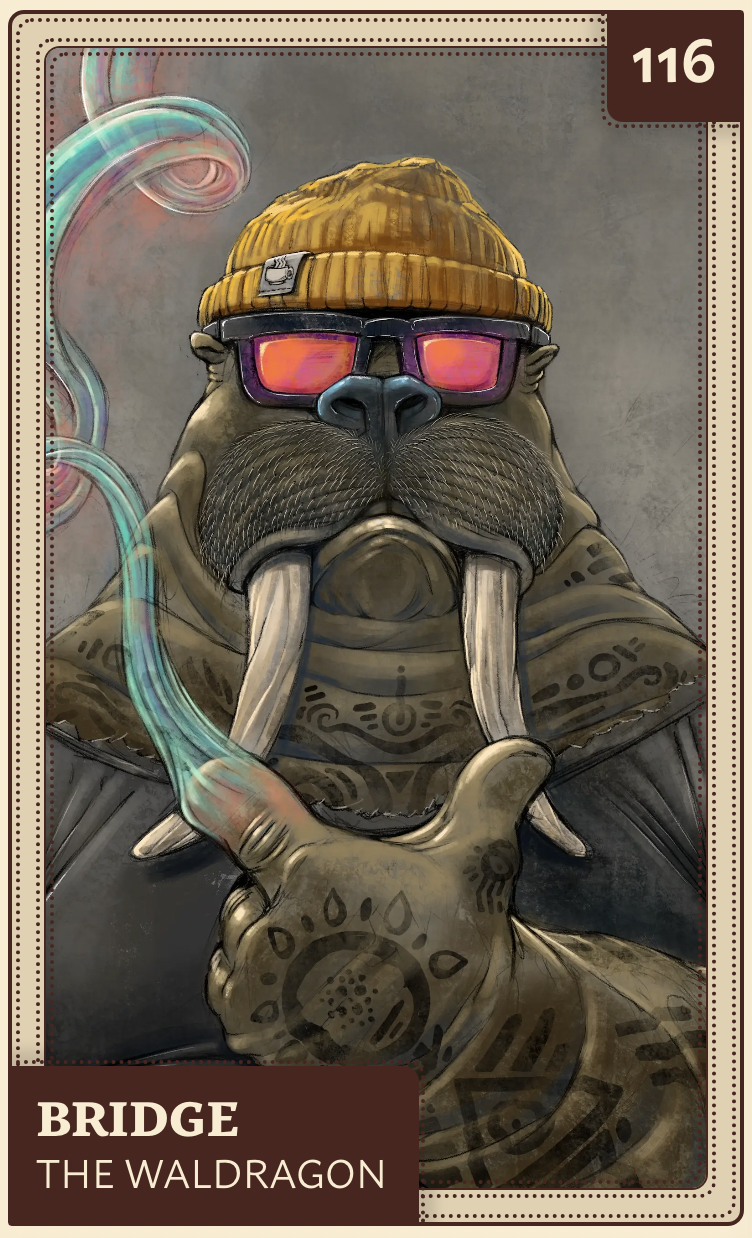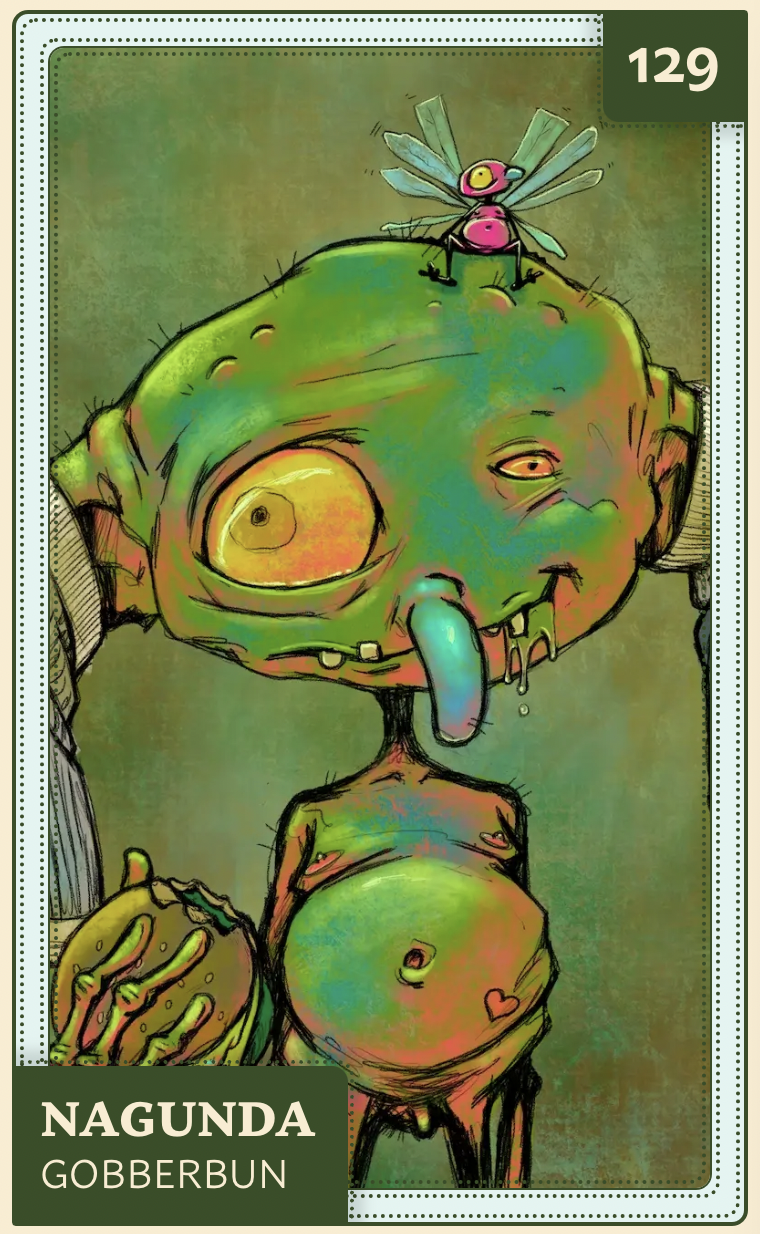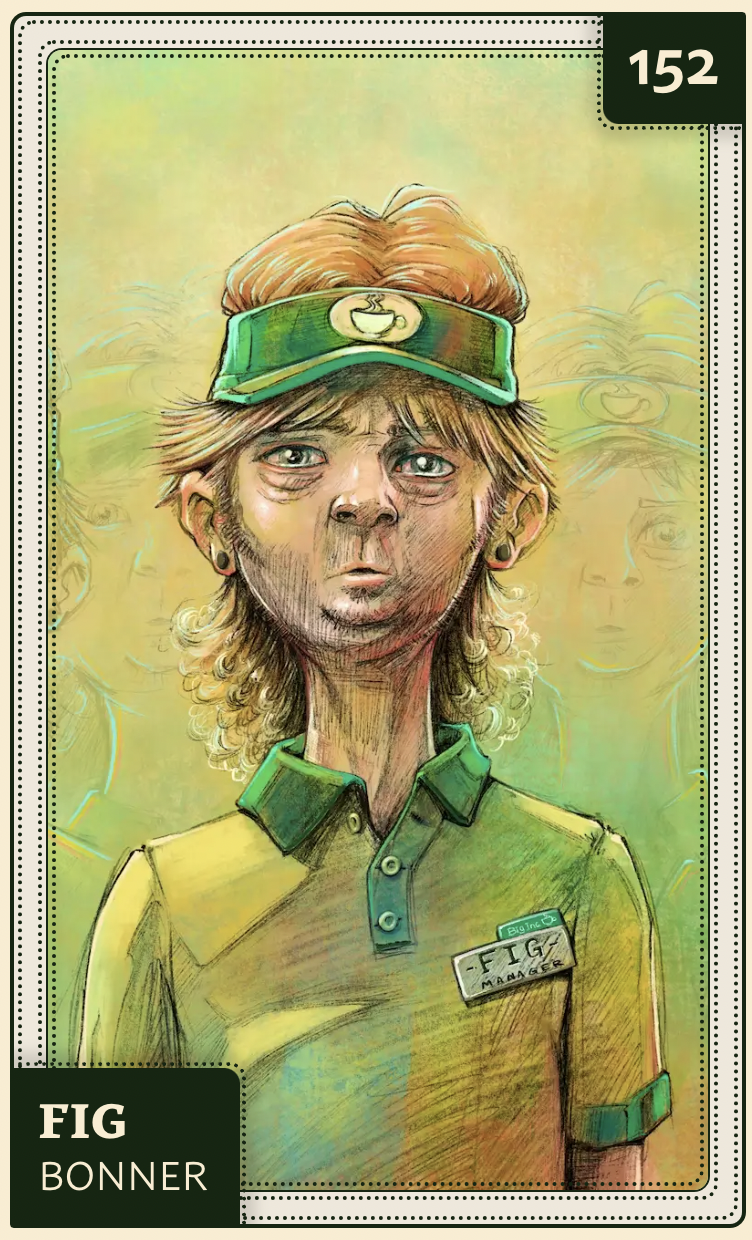The alpha:
- Truth Labs, the company behind popular NFT collections Goblintown, The Illuminati and more, has announced the closing of two NFT licensing deals with holders of The 187 collection, according to information now shared exclusively with nft.
- the holders, King Kong And ding dingare the first two members of the Truth Labs community to be part of such joint IP licensing agreements, which the company announced it started building out in August 2022. King King will earn a share of the royalty income from Goblintown sales, while Ding Ding will receive a share of the income from the sale of physical goods based on the IP address of their NFT characters.
- The collaborative NFT licenses give token holders exclusive, individually negotiated rights that aim to circumvent the demise of a CC0 license, which is sometimes seen as diluting the value of holding an NFT in the first place.
Dive deeper
The question of how members of the NFT community should be rewarded and whether or not they should be given control of their NFT’s IP address are long-standing conundrums that every Web3 project faces – and there are plenty of different approaches of the problem.
After months of monitoring the IP address of the NFTs under its banner, Proof Collective suddenly switched its Moonbirds collection to a CC0 license last August, causing a stir among holders, some of whom felt the decision was a kind of centralized was bait and switch, as it happened long after people originally bought the NFTs. Yuga Labs also gave CryptoPunks holders free rein to use their NFT’s IP address as they saw fit in the same month.
CC0 licenses are essentially means of making an IP public domain, meaning anyone can use the IP for any purpose, even commercial purposes. While granting holders of these types of licenses frees holders in important ways, it also allows anyone in the world to use that same IP address, which some Web3 commentators believe may serve the purpose of owning a unique piece in the first place. digital art beats.
“Yuga [Labs] licenses are basically like a CC0 license, but don’t have a ‘can’t be malicious’ part built in,” said Alexander Taub, co-founder of Truth Labs, speaking to nft now about the importance of properly handling IP rights. “If Yuga is acquired by Mark Zuckerberg and he wants to change the license, he can revoke it. If you make it CC0, you can’t take it back. But then anyone can do whatever they want with your NFT. So what is the value of owning the NFT then?”


Truth Labs is kind of taking a middle ground here, avoiding the SEC’s wrath by creating individual contracts for each holder of the NFTs in The 187 collection. While promising holders of a collection of 10,000 PFPs a share of the royalties would firmly establish NFTs as securities subject to regulation, individually negotiated contracts do not.
The 187 license agreements
The two deals that Truth Labs has made with holders King Kong and Ding Ding are therefore unique in nature. King Kong is now an official partner of the Goblintown Collection and will earn one percent of the royalties from both past and future sales, meaning he’s guaranteed a payout of 40-50 ETH under the retroactive terms of the deal.
Ding Ding’s deal revolves around IRL merchandise, including the production of her NFT’s beanie and sunglasses, The Waldragon. Taub described Ding Ding as an “equal partner” in the merchandising revenue. Truth Labs wants to continue building out unique licensing deals for holders of The 187 and is currently working on a third deal with The 187 NFT character Fig Bonner. The company’s goal is to build the narrative arc of all characters under the banner of The 187 into serious storytelling power.

Diving into collaborative NFT licensing is almost a predictably bold move by Truth Labs, which has a reputation for irreverence and has never shied away from controversy. In September 2022, the company launched its own NFT marketplace to protect royalties and have more control over how the NFTs in its collection are traded.
In April of this year, Truth Labs temporarily caused another stir in the Web3 community change the metadata of Goblintown, The Illuminati, Grumpls and The 187 NFTs. The usual NFT image of the holders was replaced with a giant animated hand raising the middle finger with a sort of manifesto written above: “Fuck royalty. Fuck supporting building and creatives. Flipping is the core of what makes Web3 special. Honor the pinball, fuck the community. Long live the slow rug.”
Truth Labs upgraded its collection smart contracts, claiming the move was an attempt to future-proof its collections for merchants who had no interest in paying creator fees. However, some Web3 observers felt the decision was too centralized and the community should have been consulted beforehand.
Leveraging IP for long-term NFT growth
Many Web3 enthusiasts have been thinking more and more about the value and utility of owning an NFT (even well-known projects) as the market continues to falter and trading volumes continue to decline over the past few months. That question remains largely unanswered by a sizable group of NFT community builders. It represents one of the biggest obstacles in the space to be considered legitimate by the mainstream public or sustainable, even by those within the walls of Web3.
Indeed, one of the more promising approaches to addressing this problem is leveraging the IP of NFT projects that have made a name for themselves. Pudgy Penguins has navigated this space particularly well, building a successful, feel-good brand image on Instagram using the project’s artwork without ever mentioning NFTs. That visibility, combined with the financial success of the NFTs under the Pudgy banner within Web3, has led the team to sign licensing deals for physical toys and even children’s books with community members, who will earn a share of the sales proceeds.
Truth Labs appears to be pursuing a similar trajectory. Leveraging Web3 IP could be one of the best methods to get through the seemingly endless crypto winter that the space is still reeling from.

